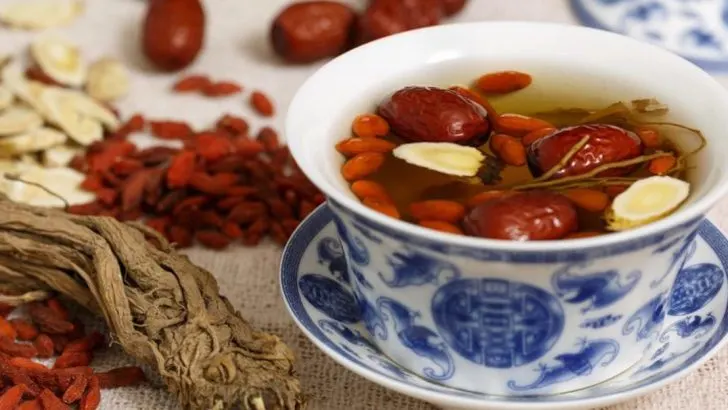When it comes to boosting your immune system, nature has some powerful allies. Certain plants are packed with nutrients and compounds that can enhance your body’s ability to fight off infections and stay healthy.
Whether it’s the immune-boosting vitamin C in your garden herbs or the antioxidant-rich flowers in your yard, these plants have been celebrated for their healing properties for centuries. From ginger to elderberry, these plants do more than just add beauty to your garden – they’re here to help keep your body strong.
You may already have some of these immune-boosting wonders growing in your garden, so it’s time to put them to work.
Astragalus Root
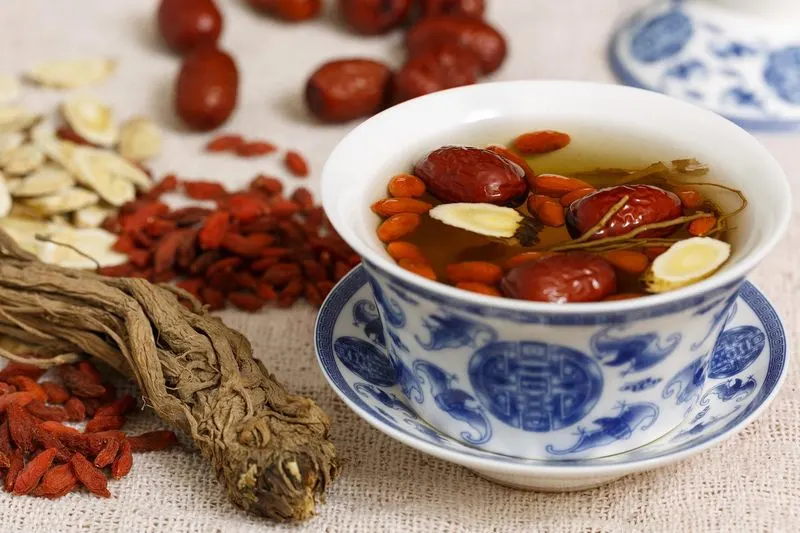
With its origins in traditional Chinese medicine, Astragalus root plays a critical role in immune health. Its polysaccharides are known to stimulate the immune response. You might want to incorporate it into soups or teas for a warming and healthful boost. Besides its immune-enhancing properties, it offers antioxidant benefits, protecting cells from damage. For those unfamiliar with its taste, it’s relatively mild, making it easy to blend with other flavors. However, as with any supplement, it’s wise to consult a healthcare provider before adding it to your regimen.
Elderberry

Elderberries are packed with antioxidants and vitamins that boost immune health. They’re particularly noted for their effectiveness in reducing cold and flu symptoms. Many enjoy elderberry syrup during the colder months for its protective benefits. Apart from its anti-viral properties, elderberry can also provide a sweet, tart flavor to recipes. Whether used in jams or teas, it’s a versatile ingredient. Though generally safe, it’s crucial to consume ripe or cooked elderberries, as the raw ones can be toxic.
Garlic
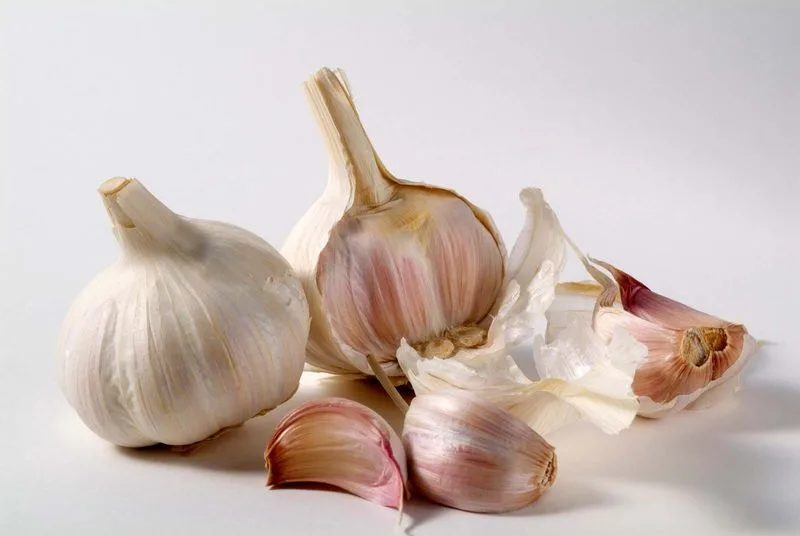
Garlic’s pungent aroma is a staple in kitchens worldwide, but its medicinal properties are equally renowned. Rich in compounds like allicin, garlic fortifies the immune system. Incorporating it into daily meals can offer protective effects against colds and infections. Its benefits extend beyond immunity, aiding in cardiovascular health too. For those wary of its strong smell, roasting can mellow the flavor while preserving its health benefits. While garlic supplements are available, using fresh garlic is often suggested for maximum potency.
Ginger
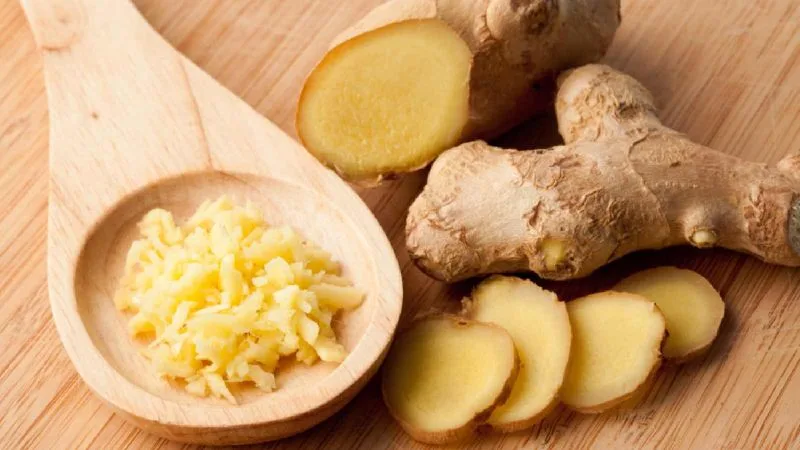
Ginger isn’t just for adding zest to meals; its immune-boosting capabilities are well-documented. Known for its anti-inflammatory properties, ginger can help combat infections and soothe sore throats. A warm ginger tea can be particularly comforting during winter months. Its versatility makes it a favorite in both sweet and savory dishes. While fresh ginger is potent, powdered ginger can also be effective. For those new to ginger, starting with small amounts can help acclimate to its spicy kick. Remember to store it in a cool, dry place to maintain freshness.
Turmeric
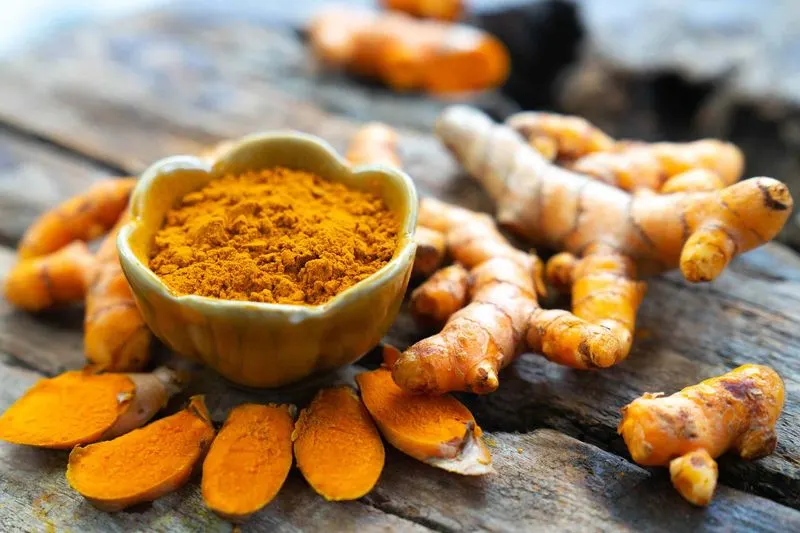
Turmeric’s bright yellow hue isn’t just for show; it’s indicative of curcumin, its primary active compound known to enhance immunity. Adding turmeric to curries or smoothies can provide a significant health boost. Its anti-inflammatory properties are a boon for preventing chronic diseases. While the taste is distinctive, its potential health benefits are well worth incorporating into daily diets. It’s advisable to pair turmeric with black pepper to enhance curcumin absorption. For those hesitant about the taste, turmeric supplements offer a convenient alternative.
Echinacea

Echinacea is not just a pretty flower; it has powerful immune-boosting properties. Often used in teas and supplements, it can help reduce the duration of colds. Its active compounds support the body’s natural defenses. Incorporating echinacea into your routine can be as simple as a daily tea. Despite its benefits, it’s recommended to use echinacea periodically rather than continuously, to prevent desensitization. Some people may experience allergic reactions, so it’s wise to consult a healthcare provider before prolonged use.
Moringa
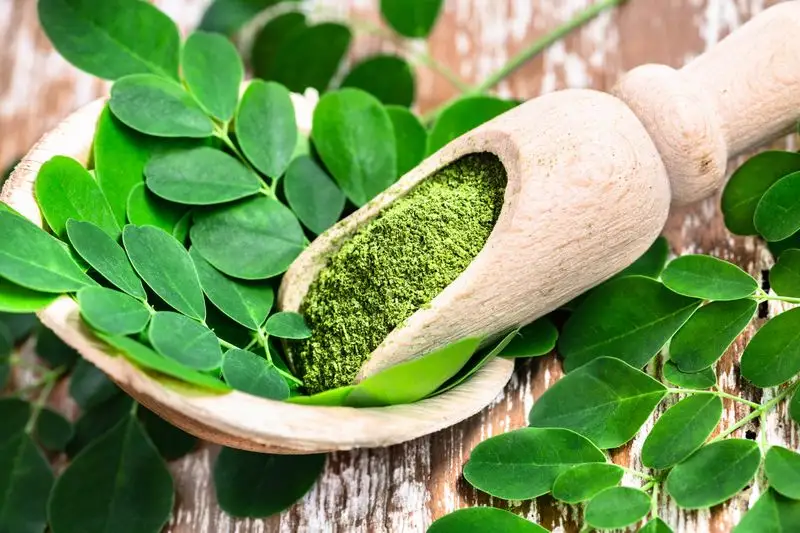
Moringa is a powerhouse of nutrients with significant immune-boosting potential. Often referred to as the ‘drumstick tree’, its leaves are rich in vitamins and minerals. Including moringa in your diet can support overall health and bolster immunity. The leaves can be used in salads, soups, or as a tea. Its slightly earthy flavor is easy to incorporate into various dishes. Whether using fresh leaves or powdered form, moringa offers versatility and numerous health benefits. For those seeking natural nutrition, moringa is an excellent addition to any diet.
Rosemary

Beyond its aromatic presence in culinary dishes, rosemary offers immune-boosting benefits. Its antioxidants support overall health and aid in preventing infections. Adding rosemary to meals can enhance flavor while providing health benefits. It’s particularly effective in marinades and roasted dishes. For those who enjoy a fragrant garden, rosemary is an easy-to-grow herb that can be harvested fresh. Though it’s safe for most, using rosemary in moderation is key, as excessive consumption can have adverse effects. Rosemary essential oil isn’t recommended for ingestion.
Oregano
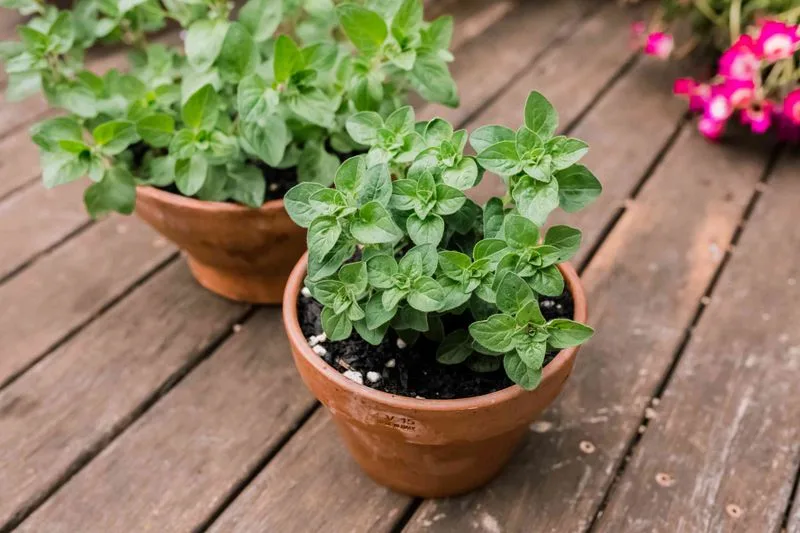
Oregano isn’t just a pizza topping; its immune-supporting properties make it a valuable addition to diets. Known for its high antioxidant content, oregano can help fight off infections. Its essential oils are particularly effective against bacteria and viruses. Adding fresh or dried oregano to meals can enhance flavor while boosting health. For those seeking concentrated benefits, oregano oil supplements are available. However, due to their potency, they should be used judiciously. Incorporating this herb into daily cooking is an easy way to enjoy its protective effects.
Thyme
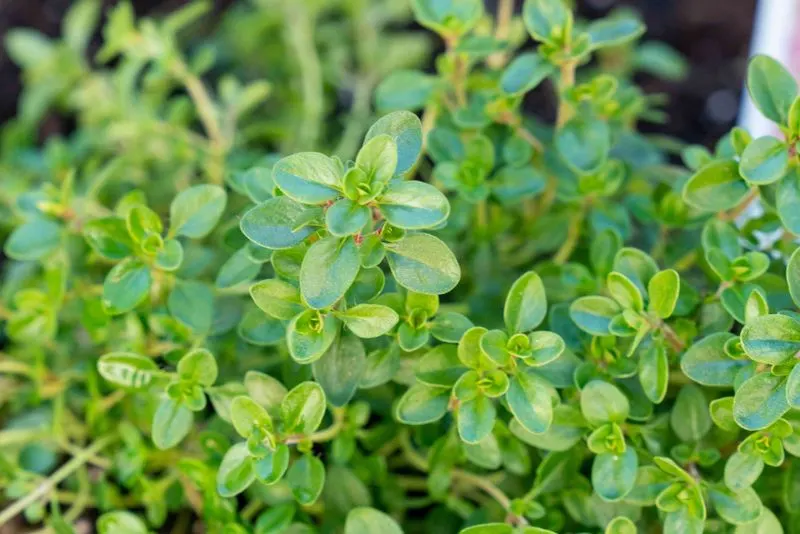
Thyme is more than just a flavorful herb; its immune-boosting properties are noteworthy. Rich in vitamins C and A, thyme offers antioxidant benefits. It’s often used in teas and cough syrups for its soothing effects. Incorporating thyme into dishes can support respiratory health. For those interested in herbal remedies, a warm thyme tea can be comforting during cold seasons. Its pleasant aroma enhances soups, stews, and roasted vegetables. As with any herb, moderation is key to avoid potential side effects. Fresh or dried, thyme is a versatile addition to any kitchen.
Sage
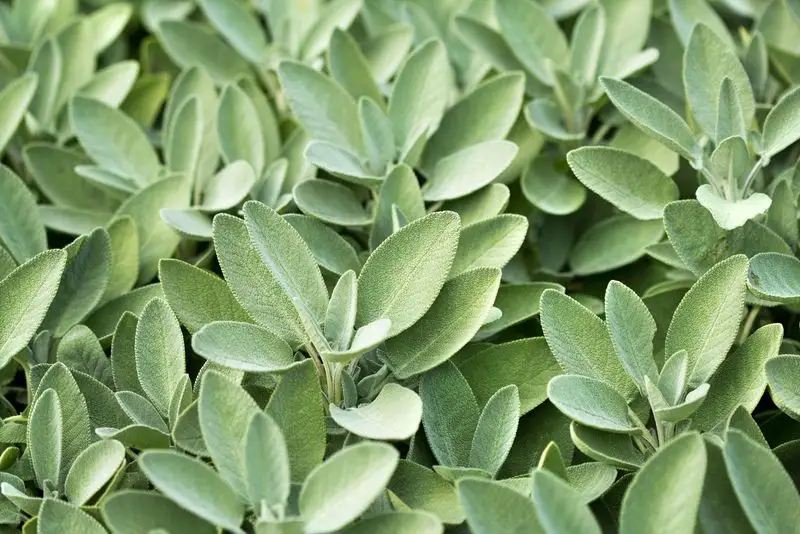
Sage, with its distinct flavor, is a herb that supports immune health. It’s rich in nutrients that bolster the body’s defenses. Often used in teas, sage offers soothing properties that can calm sore throats. Its anti-inflammatory effects are beneficial during cold seasons. Adding sage to dishes can enhance flavor while providing health benefits. For those exploring herbal remedies, sage is an excellent choice for its versatility. However, it’s recommended to use sage sparingly, as excessive consumption can lead to adverse effects. Safe for most, sage is a kitchen staple with substantial health benefits.
Lemon Balm
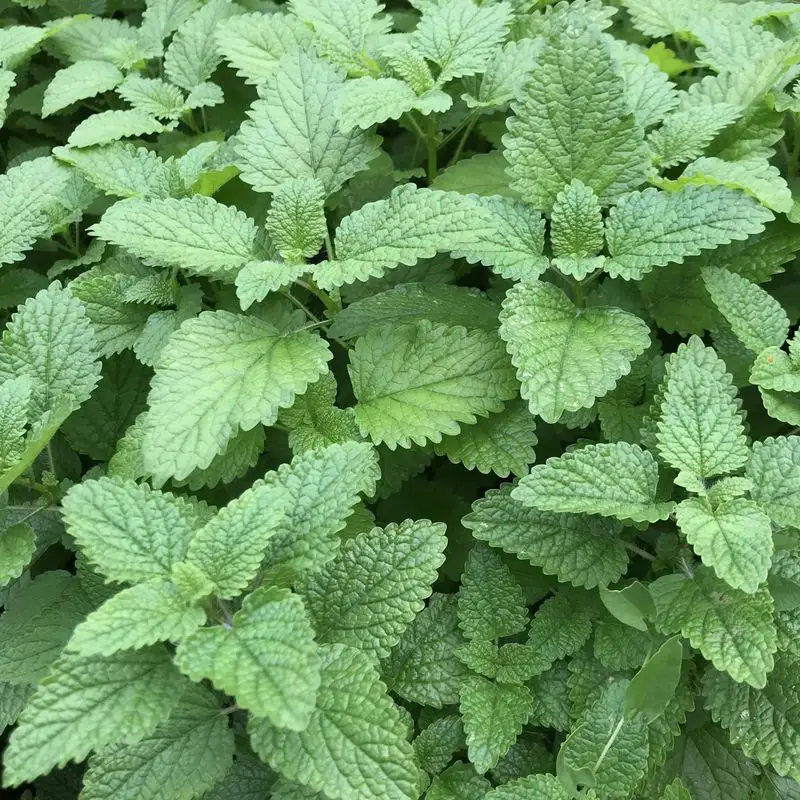
Lemon balm is a herb with a refreshing citrus scent and immune-boosting properties. Known for its calming effects, it’s often used in teas. Its antiviral properties support overall health and well-being. Incorporating lemon balm into your routine can be as simple as enjoying a cup of tea. Its soothing aroma and flavor are particularly comforting during stressful times. For those seeking natural remedies, lemon balm provides a gentle way to support health. As with any herb, moderation is key to avoid potential side effects. Its calming effects make it a favorite among herbal enthusiasts.

